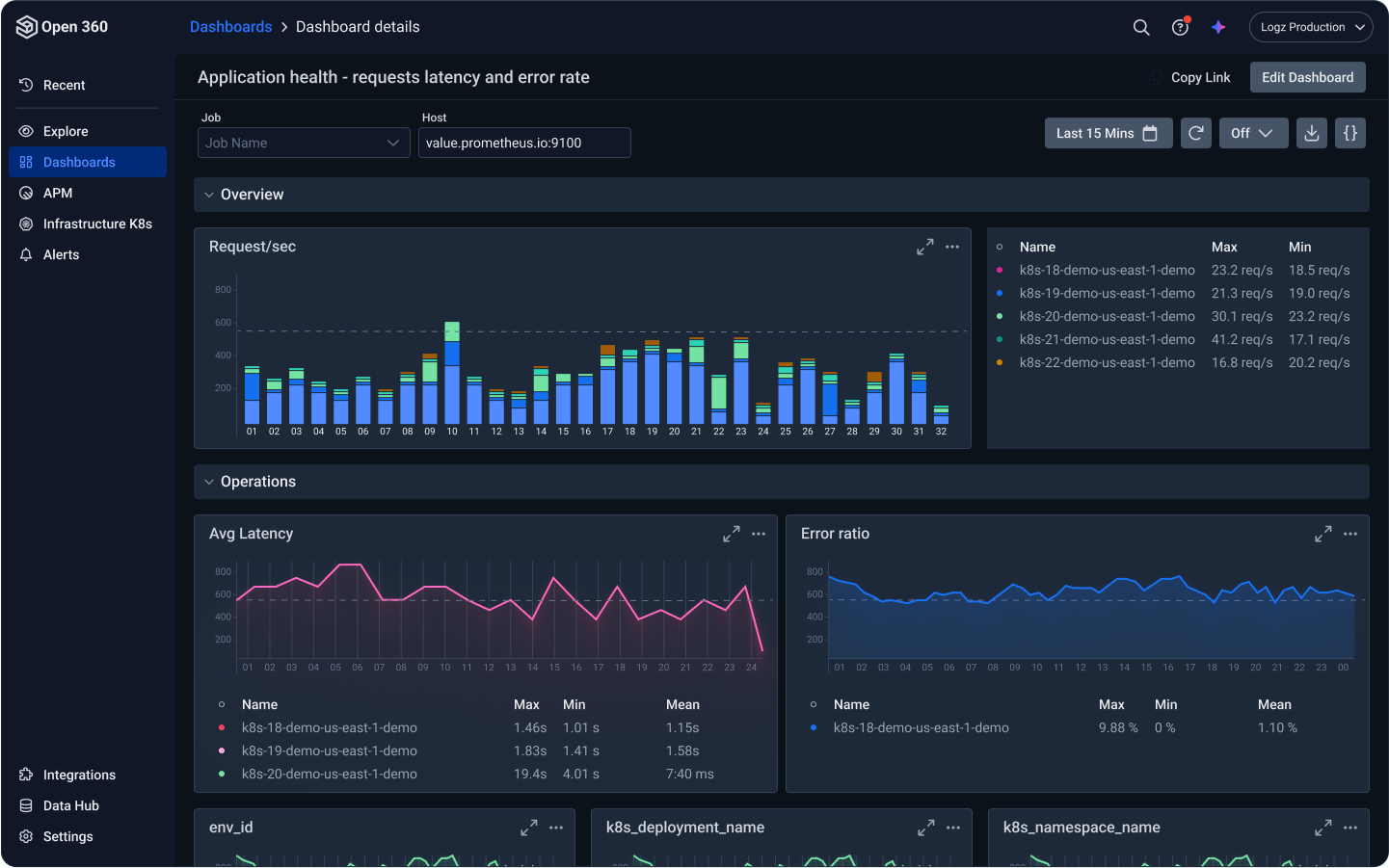
What to Expect from DevOps in 2021
December 23, 2020

As we move into the next year, we are hoping for a return to relative normalcy. That goes for our personal lives, social lives, and professional lives. Professionals have acclimated to the situation, or now see a return to relative normalcy just around the corner with the development of vaccines.
And despite the wait, different industries and the DevOps community in particular have persisted. 2019’s trends and the predictions for 2020 in the developer’s corner went largely as expected, even if unnoticed. Heading into 2021, we expect a lot of these trends to continue their natural course, as well as a few new surprises along the way.
But what do other DevOps pros expect from 2021? We asked a few players in the industry for their thoughts for the coming year.
Is there a single technology or project that will greatly affect devs in 2021?
Responses here varied. For one, open source projects are multiplying. As a result, more options will be available sooner than later.
“Continued emergence – and indeed further proliferation – of open source tools” will be clear in 2021 according to Daniel Berman, Product Marketing Manager at Snyk. “There are now more open source projects being created than even before (see GitHub Octoverse 2020 report) and there’s no reason why this same trend shouldn’t extend across fields.”
But automation, and consequently teams’ agility, was a consistent theme in the answers.
“The continued economic consequences of the COVID economy will encourage more companies to begin reducing manual labor,” said Justin Smith, DevOps Engineer at MIM Software. “In particular, augmenting their DevOps workflows with machine learning tools to automate away as much ‘grunt work’ as possible.”
Similarly, respondents mentioned demand for more ‘single pane views’ of their stacks and automated firewall (WAF) reactions, and the popularity of tracing.
But if there is any clear incoming trend for next year, it’s distributed tracing. According to our 2020 DevOps Pulse survey, among those who don’t use tracing yet, over 44% plan to adopt it by the end of 2021 (and another 25% within 2-3 years).
As Kurt Roekle, enterprise architect at Entegral, noted, “Adoption of service meshes that have tracing by default will become more widely adopted, therefore making it easier for most organizations to execute tracing solutions.” He also called OpenTracing the emerging “de facto standard” for that kind of data.
However, and in line with the motif of automation, respondents thought that there would be more community action against, or consumer reaction to, tool sprawl.
Tool Consolidation
According to the 2020 DevOps Pulse, most teams are using 2-4 observability tools. Some are using between 5 and 9! But more and more, there is going to be demand to get that down to 1. Tool consolidation, though a constant topic, will see significant headway in 2021.
“This should have been on ANY Tech Leaders radar in 2019,” said OneSpan’s Andre Boutet. “One can hope it will be on everyone’s radar in 2021.”
There was an overwhelming but expected consensus that tool sprawl was impeding the industry. Some noted the effort in trying to deal with it, foretelling an increase in ‘tool-consolidation…erm…tools (‘metatools’? ‘tool tools’?). But as Forrester and Gitlab found in a March 2020 survey, it’s not clear even half the industry is using an “out-of-the box toolchain management system” (specifically, 42 percent of 252 respondents).
Foreseeing these trends, Logz.io has efforted to bring popular open source tools into one console (ELK Stack, Prometheus, Jaeger, etc.).
“There are few good tools that manage to do this,” CISO’s Dedy Hori told us. Building these kinds of solutions should be cake. It’s especially important for security tools.
Security and Observability Converge
As Zeev Draer, Niagara Networks VP of Corporate Communications wrote recently in Security Magazine, “New networking technology can help establish a flexible deployment hub for governing new solutions to protect network performance, scalability and availability.” New tools are inevitable, so just have clear protocols for approving and installing them.
That fusion of tools will also, notably, see the (continued) convergence of security and observability.
“From my current perspective, we’re seeing the consolidation of security solutions together with observability,” Berman told us. “So DevSecOps [will be] taking more and more shape and form.”
As Hori adds, “The benefit of one tool is tremendous.” With consolidation comes questions about making sure those inevitable new tools can still find their way into this metatool blend.
“But with new tooling emerging in this space, companies will have an increase in overall observability tooling,” Roekle told us. “Cross-tool integration will still be a large problem for most organizations.”
In fact, Roekle suggested, it might hinder buy-in for new solutions while companies prioritized organizing their tool sheds.
“Some organizations will choose to consolidate over choosing best-of-breed tooling in order to compensate for a lack of cross vendor tool integration.”
A Single Pane to Allay the Pain
More tools will operate together, under a single roof. Observability and security are moving closer together with tools like Logz.io. Demand for tighter harmony between other sorts — configuration managers, CI/CD, and infrastructure-as-code — will also see their platforms converge or even begin to mesh.
Jumping between tools is just splitting the yield between two silos. It cuts down on management time and frees up actual development time. But that sort of integration isn’t really integration; it’s synthesis. That will demand a higher degree of automation to keep the whole toolchain untangled.
Finally, observability will become far more sophisticated as distributed tracing adoption picks up. The standardization of OpenTracing — and soon OpenTelemetry — will be thematic in 2021.
This is not an exhaustive list by any means. There are so many other trends moving through the high-tech world, throughout DevOps, and within the realm of observability. For the latest in the DevOps world and the future of observability, keep up with the blog here at Logz.io.




